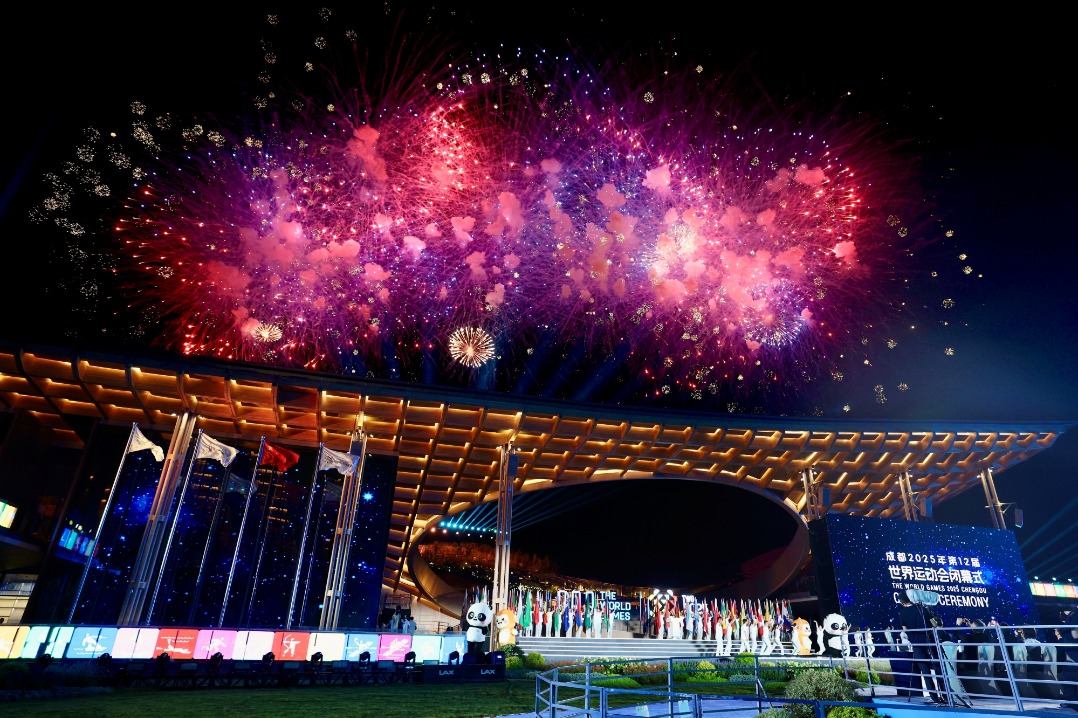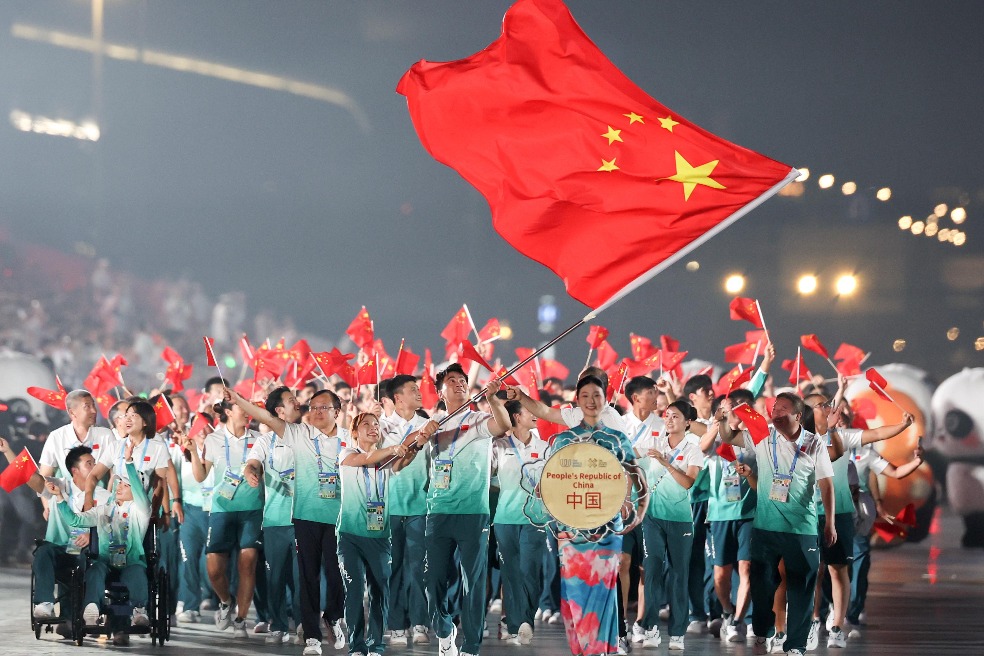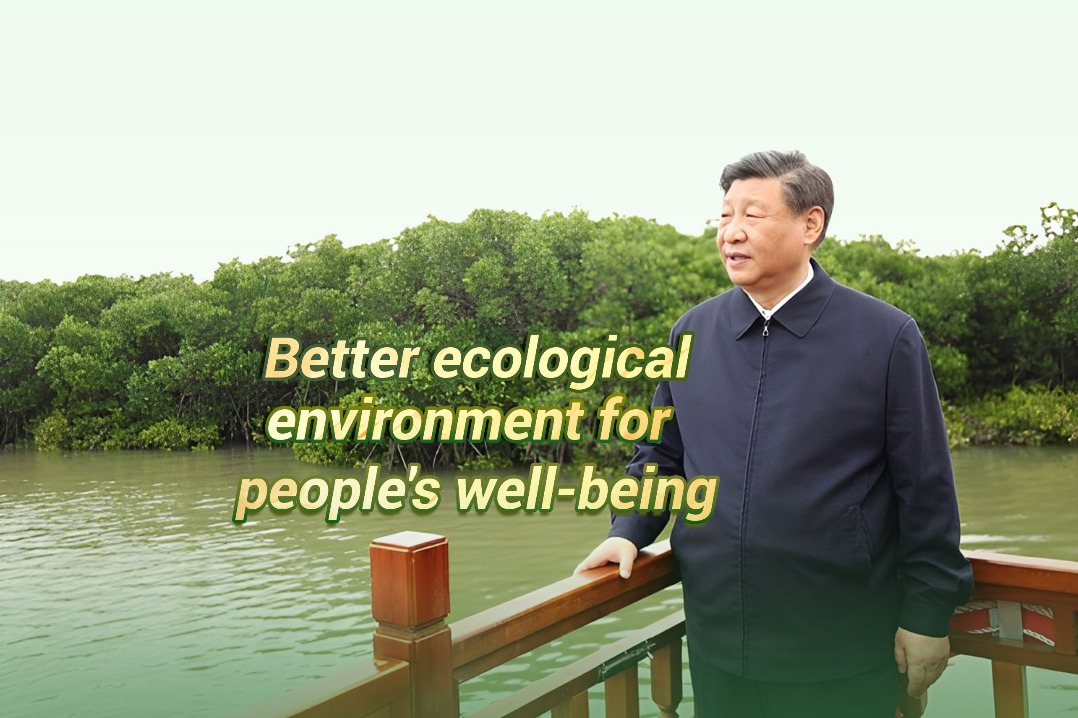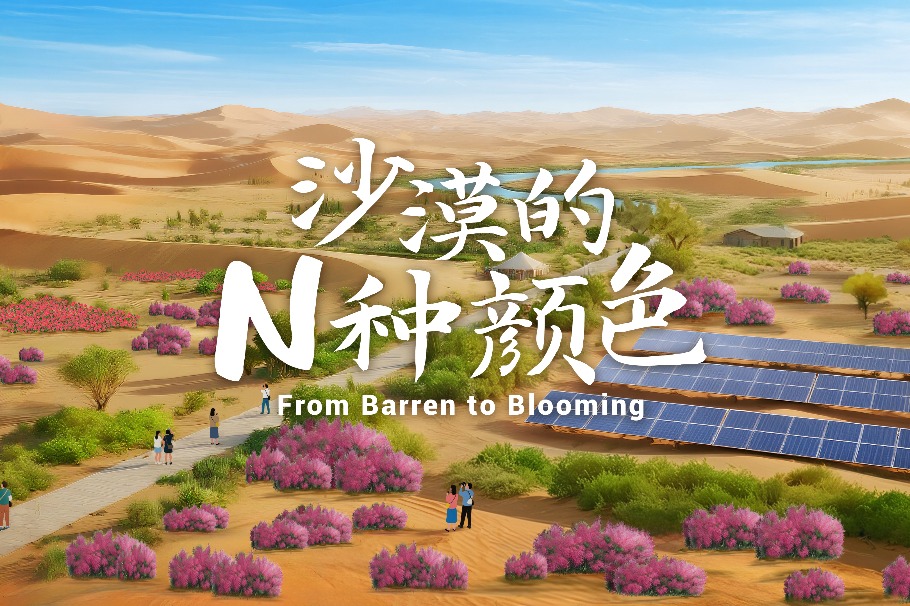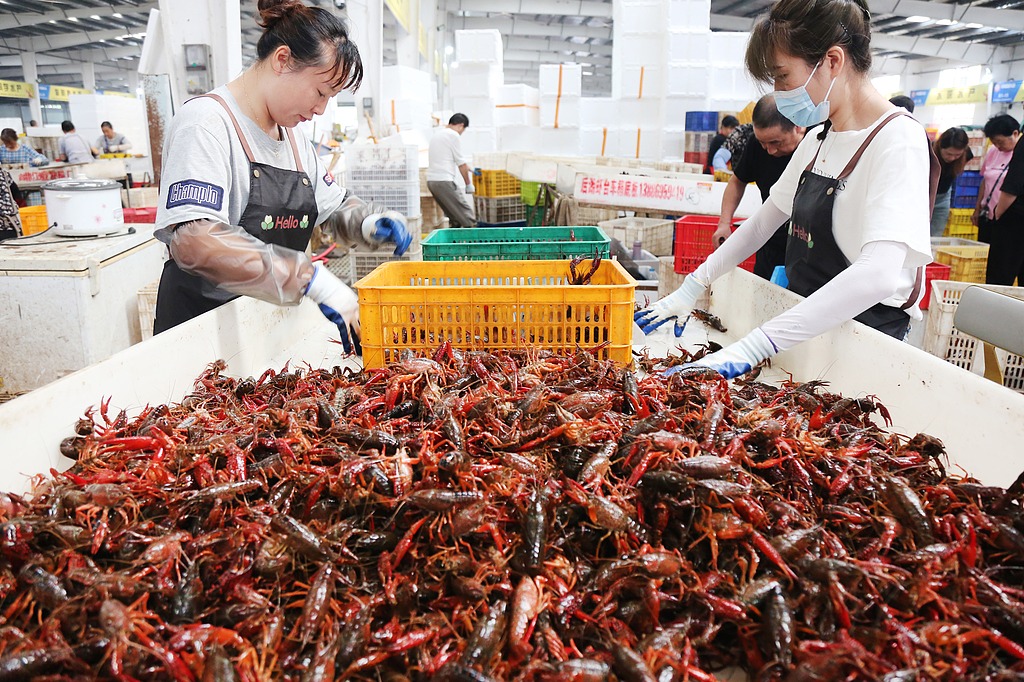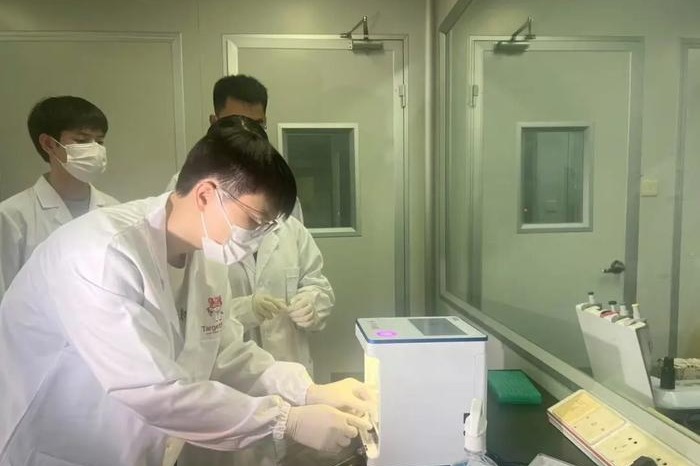Cities say it's the end of the road for 'old man's joy'

A growing number of cities have banned slow, small and unlicensed electric-powered three-wheel or four-wheel vehicles — known as laotoule, "old man's joy" in Chinese — because of safety and management concerns.
Beijing banned them from the start of this year, with the vehicles, commonly used by seniors running daily errands, no longer allowed to travel on roads or be parked in public places.
Other places, including Tianjin, Hefei in Anhui province and Dezhou in Shandong province have also prohibited their use on roads since Jan 1.
Laotoule started to appear on roads in China around 2007, with people joking that one could bring a whole day of happiness to an elderly owner. They could head to the market in the morning and easily bring back a cart full of fresh produce. In the afternoon they could pick up their grandchildren from school, and in the evening they could ferry their spouse to a public square and end a fulfilling day with dancing.
Because they were cheaper than most conventional gasolineor electric-powered cars, and operating them did not require a driver's license or vehicle registration, they became a convenient choice for the elderly and their popularity grew in the 2010s.
According to an industry report, there were more than 10 million laotoule in China in 2020.
After becoming common sights in small towns and rural areas, laotoule gradually spread to big cities, including Beijing, Shanghai, and Guangzhou and Shenzhen in Guangdong province.
However, the poor quality of their construction and the frequent traffic violations committed by the unlicensed elderly drivers — such as driving in the wrong direction, illegal parking and running red lights — led to a lot of traffic accidents.
Figures from the Ministry of Industry and Information Technology show there were some 830,000 traffic accidents involving low-speed electric vehicles across the nation from 2012 to 2016, resulting in around 18,000 deaths and 186,000 injuries.
In November 2018, the ministry and five other government departments issued a notice on strengthening the management of laotoule and strictly prohibiting increased production capacity.
In 2019, various regions began introducing two- to five-year transition periods for taking them off the roads.
In Beijing, authorities initiated a campaign in 2021 to phase out unlicensed electric vehicles by the end of last year, encouraging owners to switch to better regulated options.
Over the past six months, Beijing established recycling channels to encourage residents to dispose of unauthorized vehicles, and the city government also offered subsidies to those who recycled their vehicles through official channels.
The capital is also providing more convenient public transportation services, including dedicated buses running to medical facilities and schools and easier taxi-hailing services for the elderly.
Zhang Zhuting, an expert from the Ministry of Transport's Transport Management Institute, said the impact on elderly people's travel needs had to be considered when banning electric vehicles.
"We need to find alternatives for the elderly," Zhang said. "Most buses in cities offer free rides for the elderly, which can solve the travel problems of some elderly people. In areas without public transportation, some communities are exploring the use of regulated electric vehicles as a means of transportation."
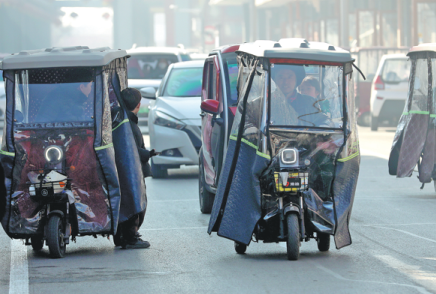
Today's Top News
- Chengdu World Games concludes amid wide acclaim
- Trump, Putin say talks 'constructive'
- China, India to start new round of consultations
- Healthy China-India relations good for regional development and stability
- China achieves best performance at The World Games in Chengdu
- Books of Xi's discourses on adhering to deepening reform comprehensively published

















